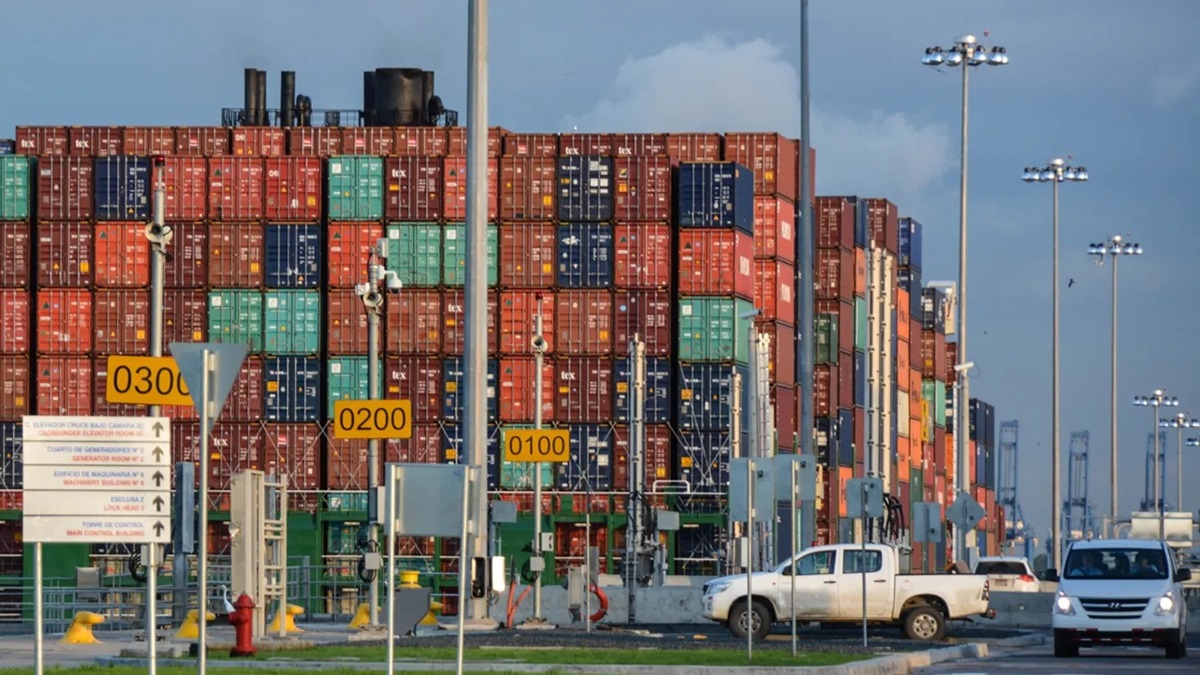The inaugural United Nations Global Supply Chain Forum, organized by the UN Trade and Development (UNCTAD) and the Government of Barbados, aimed to address escalating disruptions in global supply chains.
Participants and Leadership
- Over 1,000 participants from around the world, including UN Deputy-Secretary General Amina Mohammed, Barbados’ Prime Minister Mia Amor Mottley, and UN Trade and Development Secretary-General Rebeca Grynspan, attended.
- Key figures from Trade and Transport Ministries of small island developing states (SIDS) like Barbados, Curacao, Fiji, Guyana, Marshall Islands, Seychelles, and Tuvalu participated.
- Representatives from UN agencies, major ports like the Port of Seattle, and industry leaders in shipping and logistics were present.
Challenges and Focus Areas
- Addressed issues included climate change, geopolitical tensions, and the COVID-19 pandemic’s impact on global trade and supply chains.
- Recognized longer shipping times and higher greenhouse gas emissions as consequences of disruptions.
Importance of Ports
- Secretary-General Grynspan highlighted the role of ports in maintaining global value chains through advanced technologies and sustainable practices.
- Barbados positioned as a model for other SIDS in this regard.
Decarbonizing Global Shipping
- Discussions focused on decarbonization, particularly in developing countries with renewable energy resources.
- Ports seen as hubs for innovation and sustainability, with initiatives including incentivizing low-carbon fuels and safety frameworks for new fuels.
Manifesto for Freight Transport
- Launched the “Manifesto for Intermodal, Low-Carbon, Efficient and Resilient Freight Transport and Logistics” for global climate targets and socio-economic resilience.
- Emphasized transition to zero-emission fuels and sustainable value chains.
Support for SIDS
- Advocated for international financial support and investment in green technologies for SIDS to enhance energy efficiency and combat marine pollution.
- Stressed the importance of improving connectivity and efficiency within and between SIDS and global markets.
Digital Technologies
- Highlighted digital technologies like blockchain for traceability mechanisms and advanced customs automation for trade facilitation and risk reduction.
- Introduced guidelines for developing electronic single windows for trade.
UN Trade and Development Dataset
- Launched the UN Trade and Development Trade-and-Transport Dataset in collaboration with the World Bank, offering global data on commodities and transport modes.
- Aims to enhance understanding and optimization of trade flows and support policymaking.
Supply Chain Innovation Challenge
- Pre-forum challenge inspired innovative solutions for greener and more resilient global supply chains.
- Winning proposals presented during the forum.
Collaborations and Future
- Signed a Memorandum of Understanding with the China Council for the Promotion of International Trade (CCPIT) to expand collaboration on trade and investment promotion.
- The Kingdom of Saudi Arabia announced as the host for the second forum in 2026, with a commitment to enhancing global supply chains.
Multiple Choice Questions (MCQs):
- Who led the inaugural United Nations Global Supply Chain Forum?
- A) UN Secretary-General
- B) UN Trade and Development Secretary-General
- C) President of Barbados
- D) President of Saudi Ports Authority
- Answer: B) UN Trade and Development Secretary-General
- Which initiative was launched to address global climate targets and socio-economic resilience in freight transport?
- A) Global Supply Chain Innovation Challenge
- B) UN Trade and Development Trade-and-Transport Dataset
- C) Manifesto for Intermodal, Low-Carbon, Efficient and Resilient Freight Transport and Logistics
- D) Memorandum of Understanding with CCPIT
- Answer: C) Manifesto for Intermodal, Low-Carbon, Efficient and Resilient Freight Transport and Logistics
- What was emphasized as a critical role for ports in maintaining global value chains?
- A) Enhancing digital capabilities
- B) Adopting advanced technologies and sustainable practices
- C) Expanding trade and investment promotion
- D) Implementing safety frameworks for new fuels
- Answer: B) Adopting advanced technologies and sustainable practices
